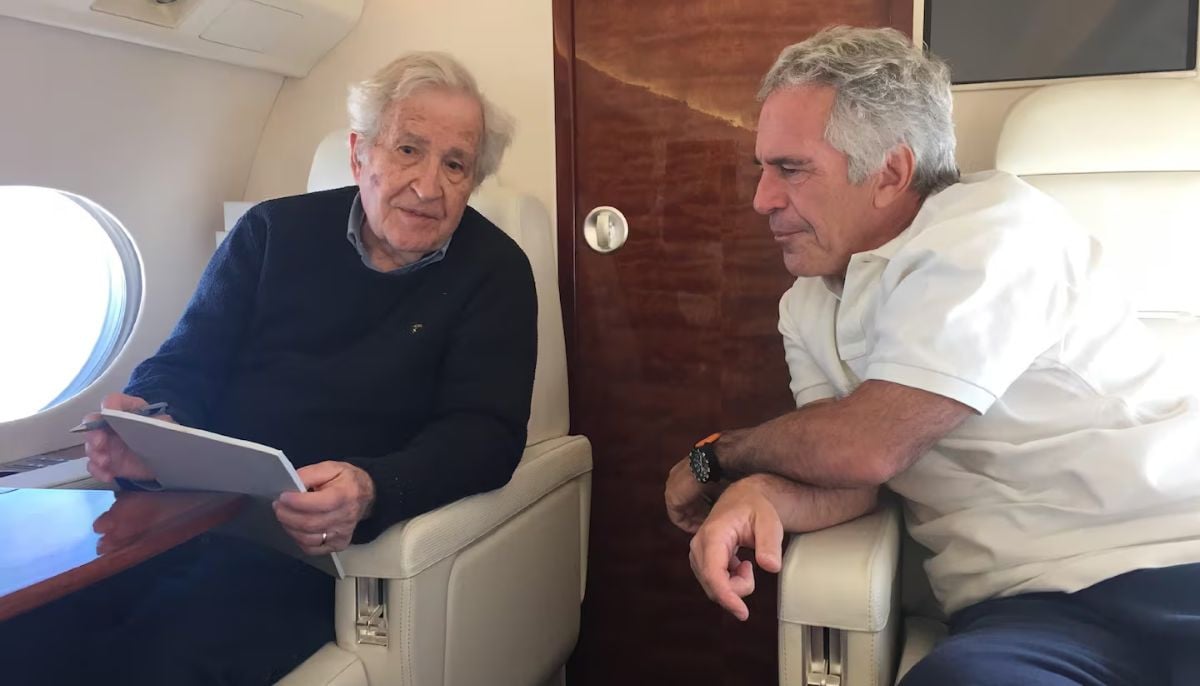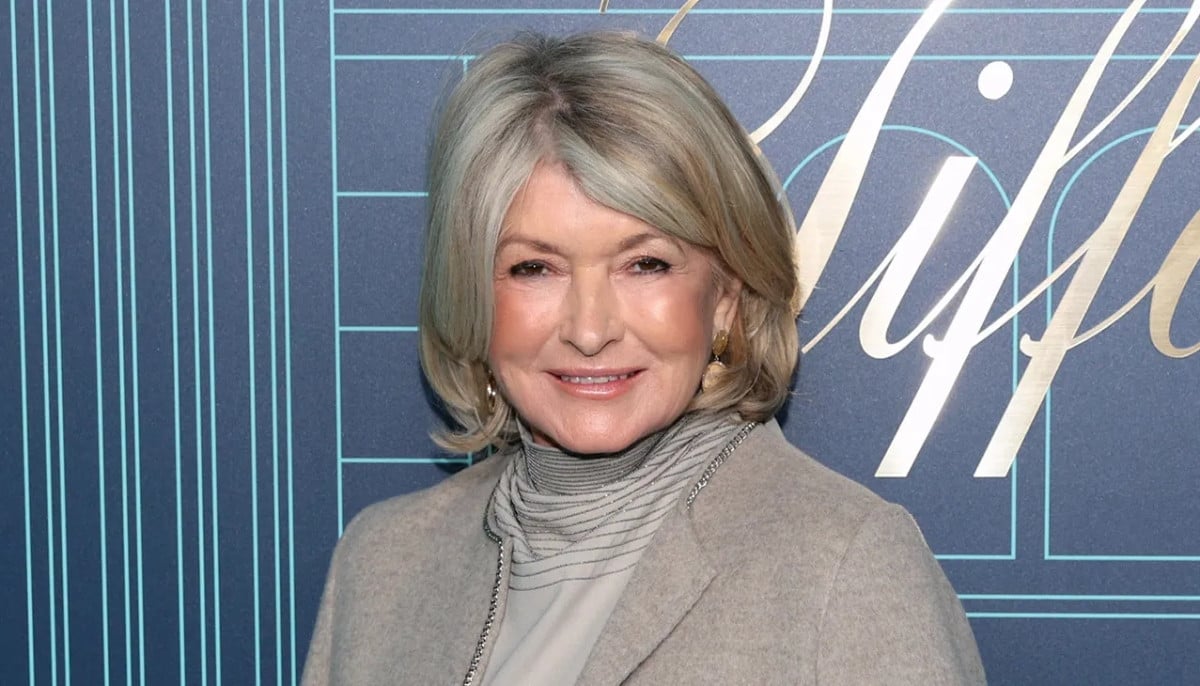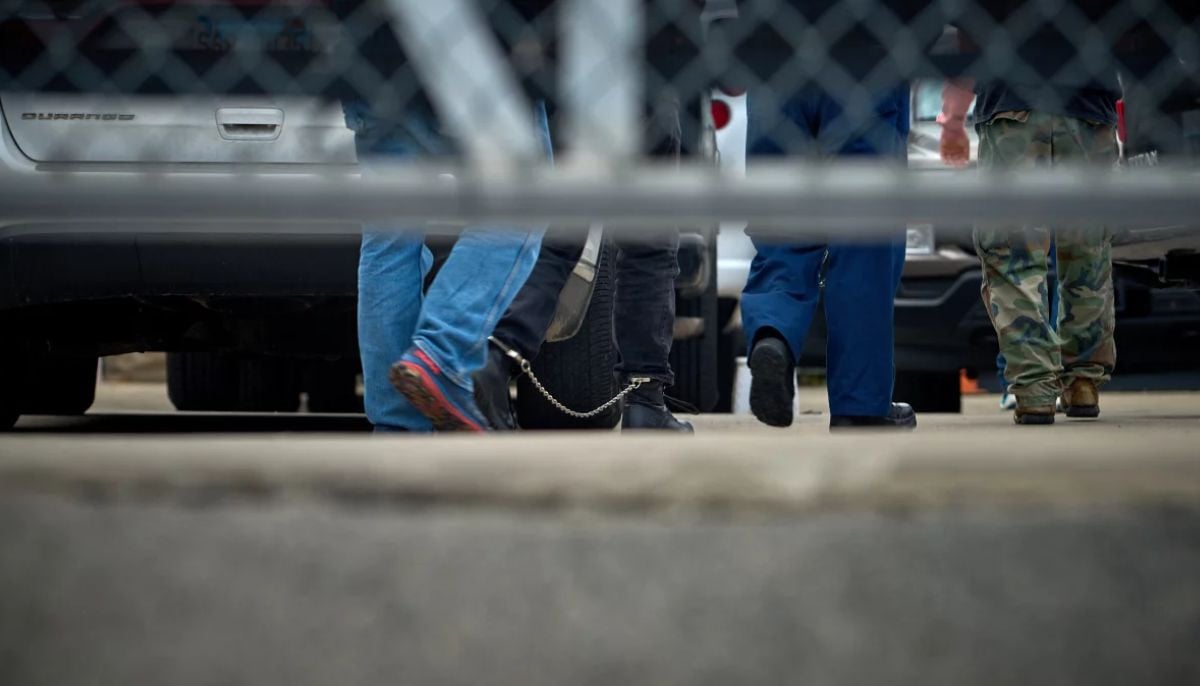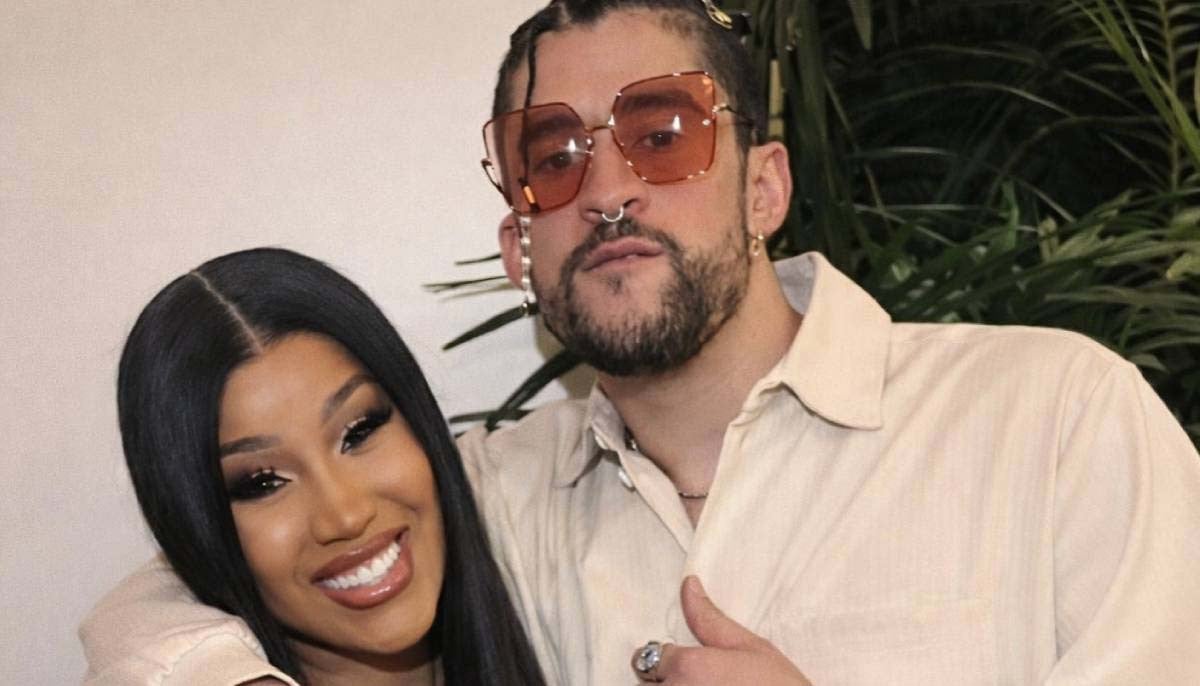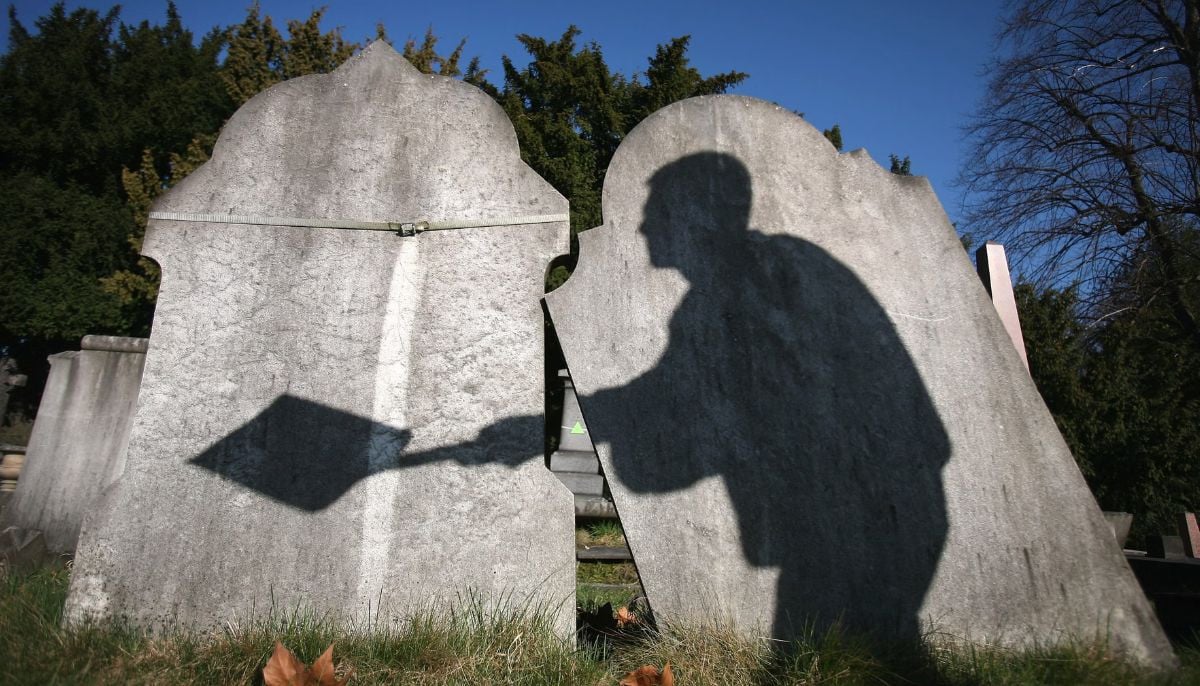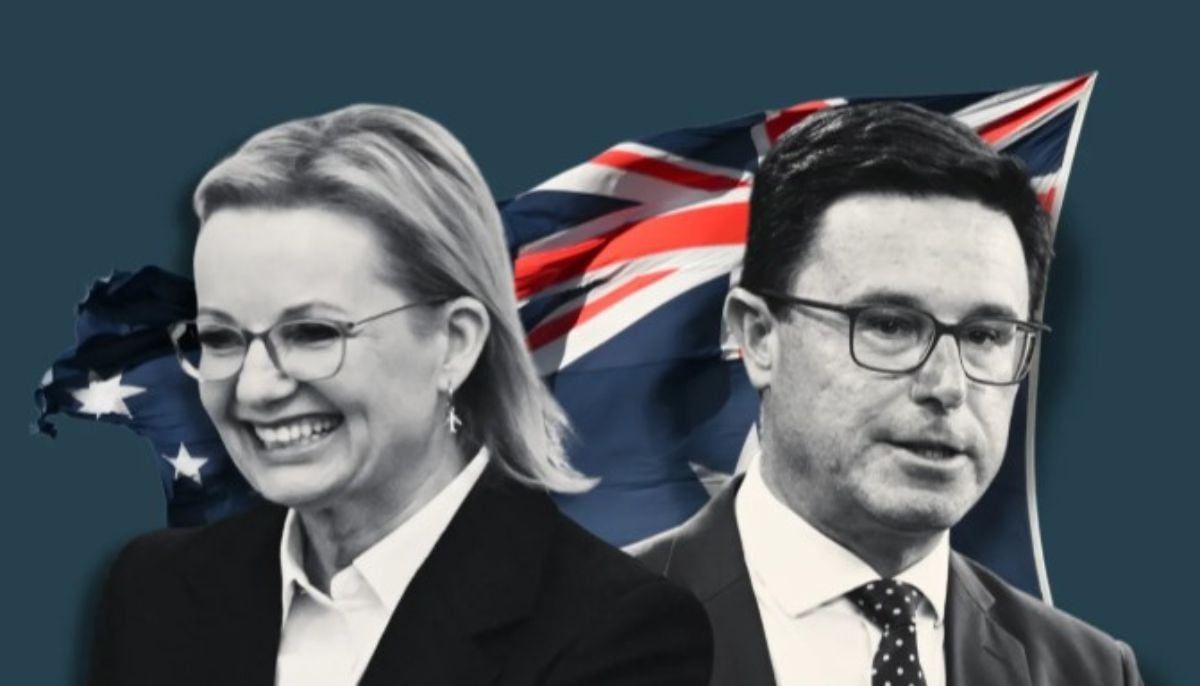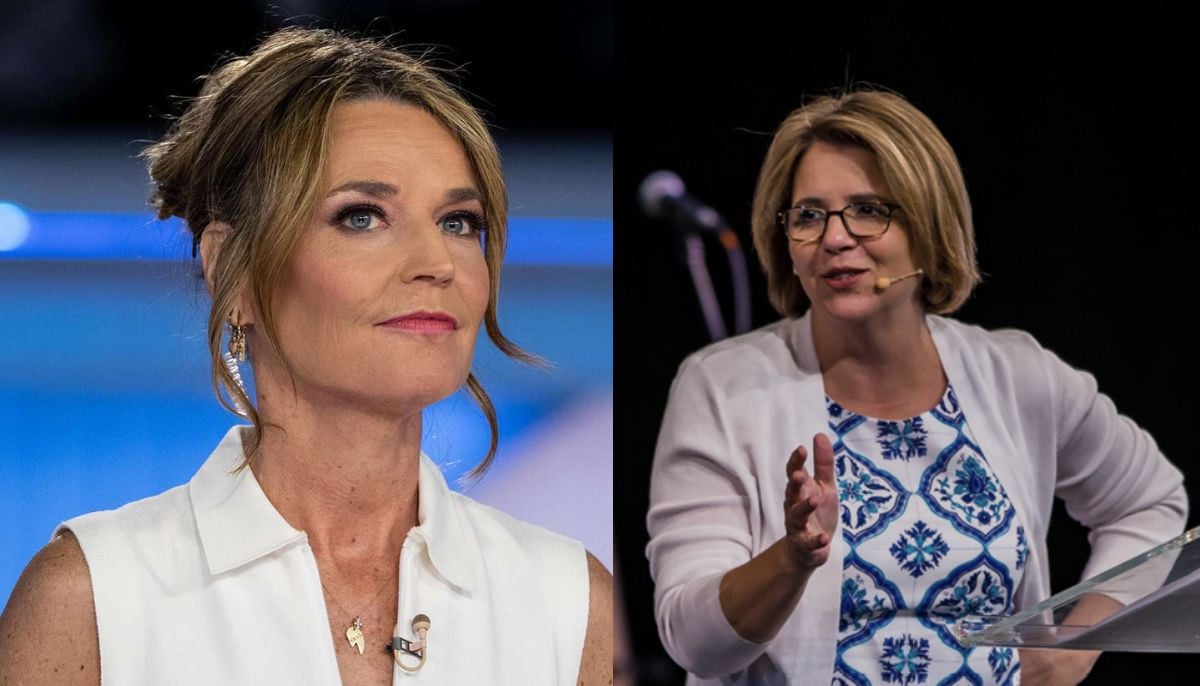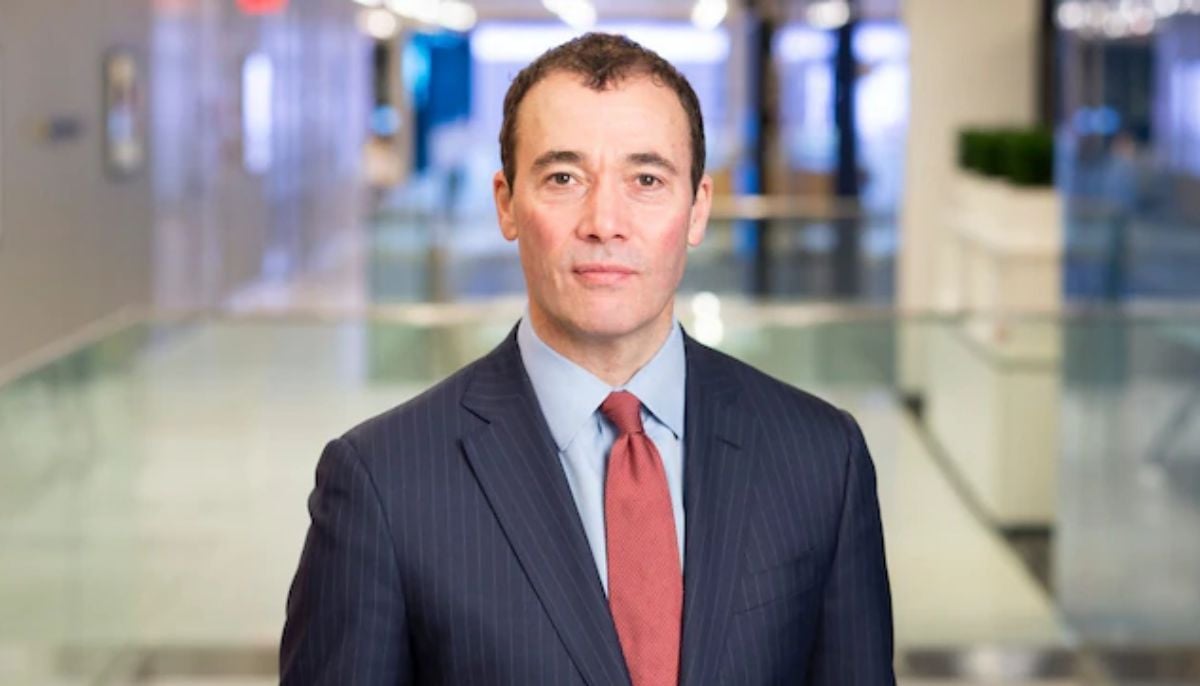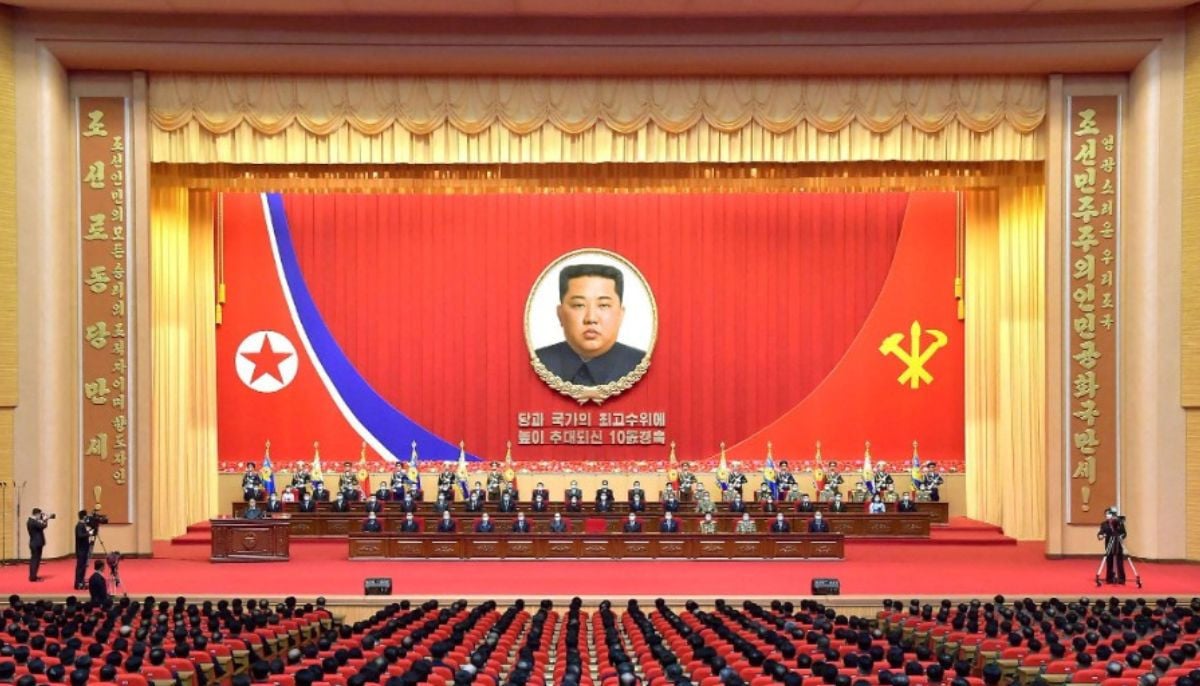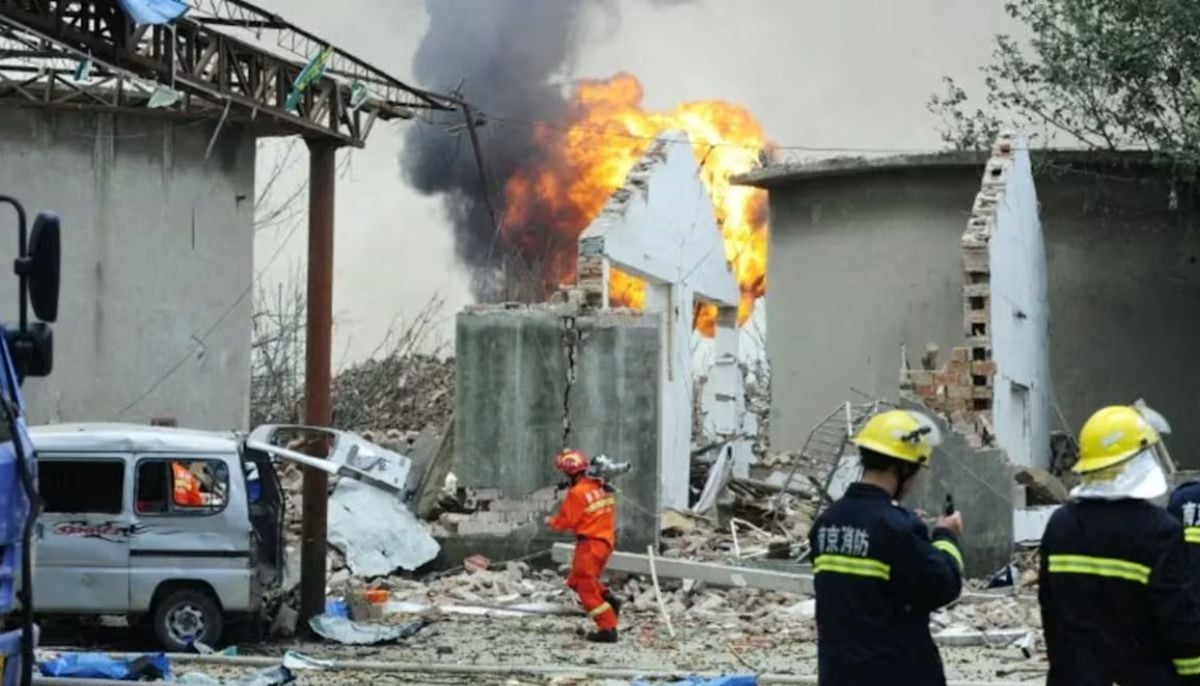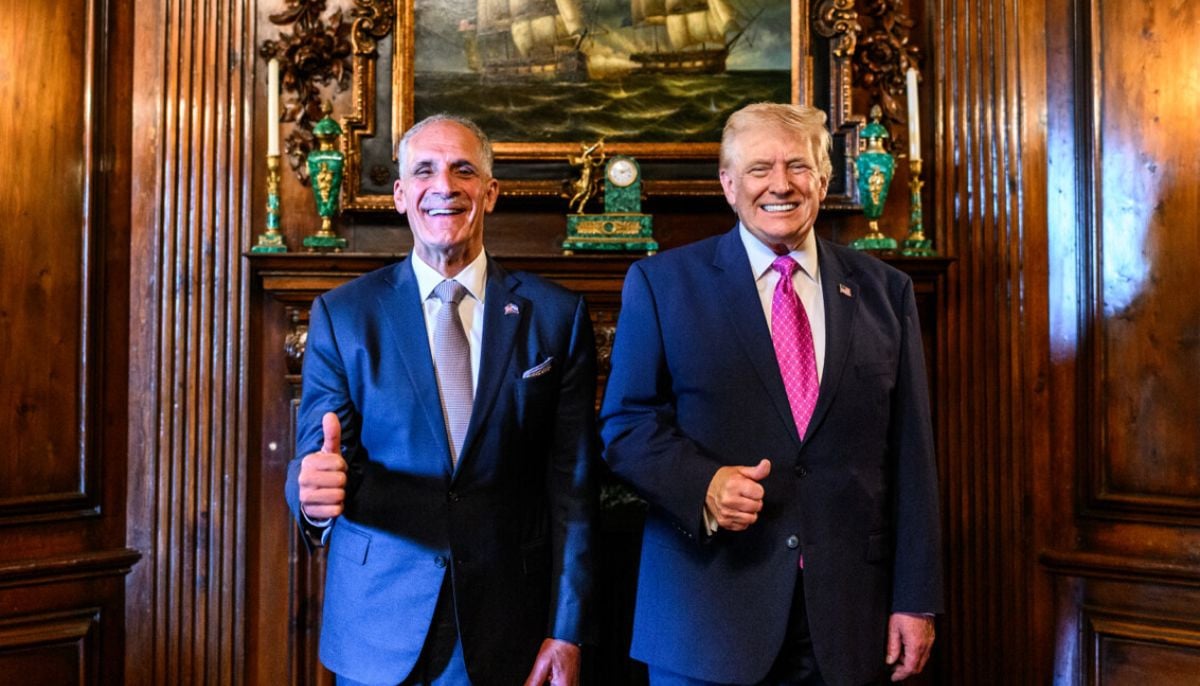WASHINGTON: President Donald Trump said Friday he would make it easier for top-skilled workers to stay in the United States and become citizens, offering uncharacteristic praise for immigrants´ contributions.
Trump pledged to reform coveted H1-B visas, for which three-quarters of applicants are from India, most of them in the technology sector.
"H1-B holders in the United States can rest assured that changes are soon coming which will bring both simplicity and certainty to your stay, including a potential path to citizenship," Trump tweeted.
"We want to encourage talented and highly skilled people to pursue career options in the U.S."
The real estate mogul ran for president as a hardliner on immigration and has previously vowed to crack down on H1-Bs by encouraging reporting of visa fraud and insisting that businesses first hire Americans.
His promise on H1-Bs came just as Trump is pressing to build a wall on the Mexican border to keep out unauthorized immigrants and asylum seekers, most of whom are low-skilled, in a showdown with Congress that has triggered a shutdown of the federal government.
While it was unclear what prompted Trump´s tweet, The Washington Post on Friday ran a front-page article on how tech workers are increasingly moving from the United States to Canada due to the hassle in obtaining H1-B visas.
Silicon Valley and India have both pushed hard for a more generous visa system for skilled foreign employees, saying they are indispensable in powering the tech industry, but critics charge that native-born Americans should have priority for the generally well-paying jobs.
The United States each year grants 85,000 H1-B visas, including 20,000 that are reserved for workers with master´s degrees or higher.
H1-B visas are granted to professional workers sponsored by employers for a period of three years, which can be extended once.
The visa can still be simpler to obtain than seeking to become a permanent resident and eventually citizen of the United States.
Studying official data, the Cato Institute last year estimated the wait for an Indian seeking an EB-2 visa, which provides permanent residency based on advanced academic achievement, had risen to 151 years -- at which point, barring a medical miracle, the applicant would be dead.
-
Chicago child, 8, dead after 'months of abuse, starvation', two arrested
-
Funeral home owner sentenced to 40 years for selling corpses, faking ashes
-
Australia’s Liberal-National coalition reunites after brief split over hate laws
-
Savannah Guthrie addresses ransom demands made by her mother Nancy's kidnappers
-
Washington Post CEO William Lewis resigns after sweeping layoffs
-
North Korea to hold 9th Workers’ Party Congress in late February
-
Factory explosion in North China leaves eight dead
-
Trump hosts Honduran president Nasry Asfura at Mar-a-Lago to discuss trade, security
